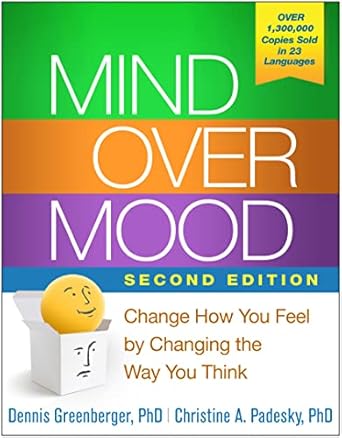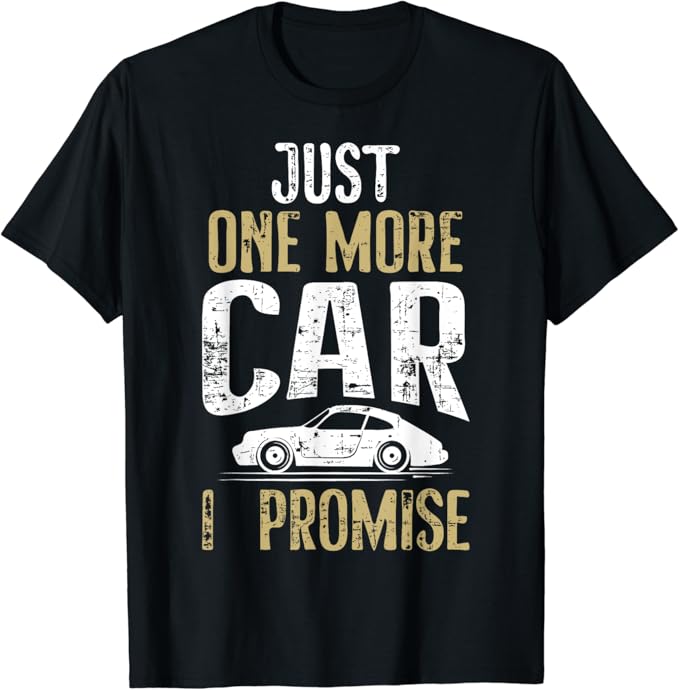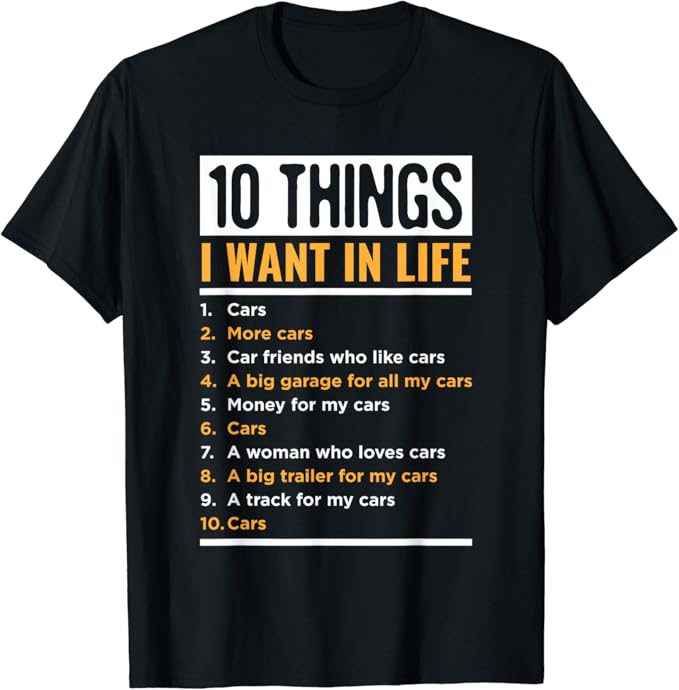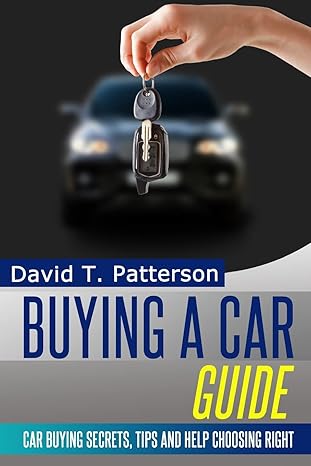CarDrive
ALL ABOUT YOUR CAR (OR BIKE...)
This section is all about your car.
We cover how to get your next car, and some of the options open to you.
Believe us there is always some company who are wanting to attract new customers and will offer discounts – the trouble is it could be a different company every year. We also cover the options on how you can sell your car.
Insurance
You will also have to insure your car – it’s a legal requirement. There are different types of cover – third party (covers others but not you), third party fire and theft (covers others and your car if it’s stolen or damaged by fire) and fully comprehensive (also covers your car, even if the accident is your fault). Oddly, comprehensive isn’t always the most expensive!
These are the main sections covered in more detail below. To look at any section, click on the highlighted text.
Some Initial Thoughts
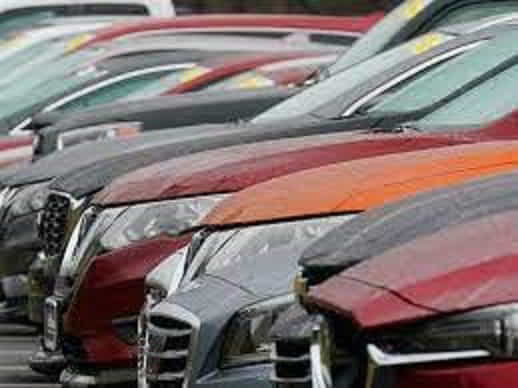
High level decisions
When it comes to getting your next car, there are a number of alternatives, which are explained in more detail below.
There are many different ways to run or buy a vehicle; Cash, Loan, Hire Purchase, Personal Contract Hire, Personal Contract Plan.
Some people love to drive a brand new car or prefer nobody else to have driven it but remember the car will depreciate quickly and you are paying brand new car tax as well.
Depreciation is the difference between a car's value when you buy it and when you come to sell it. This drop varies between makes and models but typically is between 15-35% in the first year and up to 50% or more over three years.
Some people will wait 3 years until the 50% depreciation has come out and then buy. But vehicles will continue to depreciate up to 10 to 12 years before the vehicle stops losing money.
Facts About Cras
September 2021, there were 39.2 million licensed vehicles in Great Britain
nearly 2 million vehicles are scrapped in the UK every year.
The average premium paid for comprehensive motor insurance in 2021 was £434 down 15%
Average Car Accident Payout; Back Injury Moderate £11,730 – £36,390
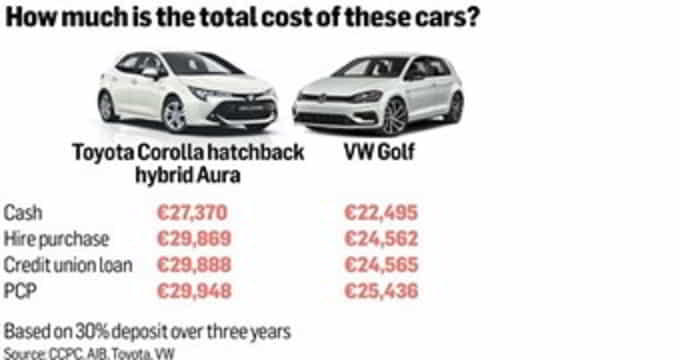
Buying a car
If you buy a car. you do own it, but we advise you to do the numbers. Today many thousands of drivers are opting for leasing or PCH or PCP. Whereby you can lease a vehicle each month and at the end of a given time hand the vehicle back and get a new one and start all over again. There are lots of benefits and peace of mind about leasing a car.
You can take a loan or Hire Purchase and pay for your car that way but again remember the longer the loan term and the depreciation on the car could leave you losing out.
Often Leasing, PCP, PCH are not good if you’re doing high mileage and there are penalties for going over the prescribed mileage.
Always check the interest rates and read the fine print. We strongly recommend you never buy impulsively you might have to wait 3 to 5 years to regret it. Don’t be tempted to sign on the day when buying a vehicle. Salespeople want to hook you in and get you to sign whilst emotions are running high. Take your time, at least overnight to check the interest rate and the details on the agreement.
Also be on your guard for all the glitzy extras such as warranties, Super water-resistant coatings, GAP insurance. Legal cover, etc etc. Some are important to cover and some need your thought but you don’t need all of them and the salesperson and company earn very good commission from the extras. So read the details overnight and go back or call the next day.
You’ll need to pass a credit check to secure your agreement. You’ll often be able to get a better interest rate with a higher credit score. Find out more about how to improve your credit score.

Pay cash
This way the car is yours immediately. You will spend less time in the dealership buying it, although it may not be the best deal (if the dealer offers cheap finance) or special offers.It's great if you can afford it. You're free of monthly repayments and interest. You can also often negotiate a discount, especially when buying privately.
There's a strong argument NEVER to mention that you're paying cash if you're buying from a car dealer. That's because dealers only make 28% of their profits from the car: the rest is from warranties, service. extras, etc. See the video - it's a US video but the logic is the same. It explains how you negotiate with a dealer if you pay cash.
Be sure to research prices if you're buying a new or used car using WhatCar or Parkers.
Firstly if you are lucky enough to buy a car with cash then think about your investment for a moment. What sort of investment would you do whereby you invest and 3 years later the thing you invested in is only worth 50% of its value. You would not do it would you. But yet millions of people each year buy a car and then get a surprise 3 years later and it’s worth half its value. Even high quality expensive cars drop by this level and some of the cheaper brands can drop as high as 65%.
You can use actual cash – but that’s not often practical! A Cashiers cheque always works. You can use a credit card, or even a debit card, if the amount is below your limits. Most dealers don’t accept personal cheques (above guarantee).
You might also be trading in an old car, which could reduce the balance.
- First work out how much you can afford
- Research the value of the car – if it’s new the list price – check Parkers or What Car (see links above)?
- Sort out the exact specification you want – don’t get talked up
- If you’re selling your car – check the price – see Parkers above)
- Check other dealers nearby to see if they have any special offers
When you talk to the dealer
- Don’t say how you want to buy the car – they will give better prices for finance deals so let them think that’s possible
- Never say what you’re prepared to spend
- Start with a low price – you can always go up!
- When you’ve made an offer, shut up until the dealer speaks!
- Be prepared to walk away
You can buy from a dealer or from an individual. You’re likely to get a better price from an individual, but there’s more risk involved, as you have less consumer rights.
Try and find out how long the car has been on the market. Check the service history. Then point out any possible potential issues.

Taking out a loan to buy the car
If you want to borrow money to buy a car, your bank or building society is likely to be cheaper. You should make sure you can afford the repayments (see BudgetDrive) and you get the best rates.
Often your bank or building society is the cheapest way to get a loan. Careful if you’re looking at other spending, and don’t let this affect your mortgage.
Sometimes car dealers offer cheap (sometimes 0%) finance deals to help them shift their stock. Check the APR they offer. Often these deals are better than paying cash or taking out personal loans, as they can reduce the price as they get commission on the loan.
- Easy to arrange – over the phone, online or with a broker / bank / building society
- Can shop around for best interest rates / fees
- You can borrow the whole cost of the car or part of it
- You can determine the term of the loan, depending on how long you want to keep the car and how much you can afford
- You own the car while you repay the loan
- You might not have the funds available when you want to borrow the car
- Until you see the car you might not know how much you need to borrow
- A loan might affect your credit rating
- You might be turned down for the loan
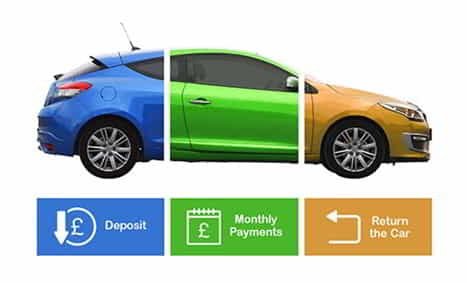
Personal Contract Hire PCH
If you’re looking to hire a car long term and don’t want to buy it, the cheapest option is likely to be using PCH.
What is personal contract hire PCH?.
According to Arnold Clark "Personal Contract Hire (PCH) is the long-term lease of a brand-new vehicle. PCH is different to Personal Contract Purchase (PCP) as a PCH vehicle cannot be purchased at the end of a lease, unlike PCP vehicles. During the lease agreement, fixed monthly payments of a PCH vehicle will be discussed, as well as an agreed mileage and time period for the lease."
• The lease agreement lasts 2 to 5 years.
• You will need to undergo a compulsory credit check.
• You have to pay around three months’ lease upfront.
• You never own the vehicle during the agreement and have to hand it back at the end of the term.
• Monthly payments are normally higher than for equivalent vehicles leased through PCP, but over the entire contract you’ll typically pay less on a PCH.
• Sometimes you can get a maintenance package that covers things like annual car tax (road tax) or servicing.
• There are strict terms and conditions, like limits to the number of miles you can do.
Monthly payments are normally higher than if you had leased the car through PCP. This is because you’re borrowing the full amount of the vehicle and with PCP you’re borrowing part of the value.
However, the total amount you pay over the contract is often less than with a PCP. But every deal is different so make sure you shop around and compare the total cost including running costs.
To get out of a PCH deal early you may not be able to just walk away from the agreement. There may be additional costs to pay before you can leave that you hadn’t budgeted for.
This can be a problem if you’re ending the agreement because you can no longer afford the payments.
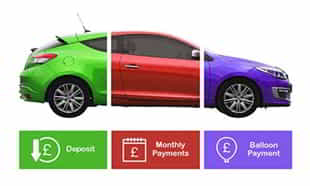
Personal Contract Plan PCP
PCP is similar in many ways, but lets you purchase the car at the end of the agreement.
It's a way of financing new or used cars. It effectively works as a long-term rental, meaning you'll be able to drive the car until the contract ends. PCP deals have become a popular type of car finance as they typically offer lower monthly payments, making newer and expensive cars feel more affordable.
PCP is also another way that can be used as a way of leasing a car, it also gives you the opportunity to buy the car and become its legal owner at the end of the leasing contract. PCH does not.
- The agreement lasts 3-5 years
- You’ll need to pass a credit check
- You pay a deposit up front
- There are mileage limits you’d be wise not to exceed
With PCP the total amount you repay in monthly instalments is based on an estimate of how much the car will lose in value though depreciation between the start and end of the contract.
You can get a quote at CarLonsUK.
At the end of the contract you can buy the car. To do this, you have to pay a ‘balloon payment’ – also known as the Guaranteed Minimum Future Value (GMFV). This is in addition to your deposit and monthly payments, and will be a few hundred or thousand pounds.
If at the end of the contract you don’t want to buy the car, you simply hand it back. As long as the car is in good condition and hasn’t exceeded the agreed mileage, you won’t have to pay any more money.
With both PCH and PCP the lender can repossess the car without a court order. But with PCP, once you have paid at least a third of the total amount payable, they can’t repossess it without a court order.
Four out of five people with PCP plans don’t opt to buy the car at the end of their contract (Source: the Finance and Leasing Association).
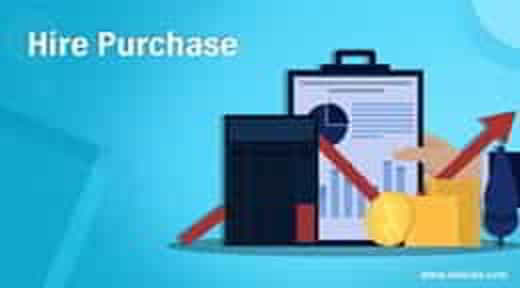
Traditional Hire Purchase?
For many years people who could not afford to buy the car outright would take out a car loan or hire purchase agreement.
Hire purchase (HP finance) is a way to finance the purchase of a new or used car. Usually, you put down a deposit and then pay the cost of the vehicle in monthly instalments, with the finance secured by the car's collateral. This means you do not own the car until the last payment is made.
You can get a quote from CarPlus
• Hire purchase is a way to finance buying a new or used car. You (usually) pay a deposit and pay off the value of the car in monthly instalments, with the loan secured against the car.
• This means you don’t own the vehicle until the last payment is made
• You need a good credit rating to get hire purchase deals at the lowest interest rates and always check the total amount repayable when comparing hire purchase with other finance method.
• In most situations, you first need to put down a deposit on the car you want to buy. This is usually 10% of the vehicle’s value.
• The rest of the value of the car will then be paid off in instalments over a period of 12 to 60 months (one to five years).
• Hire purchase is arranged by the car dealer, but brokers also offer this service. The rates are often very competitive for new cars, but less so for used cars.
• The loan is secured against the car, which is why you can’t own it until you’ve made your last payment.
• Make sure you understand the terms and conditions of your loan before signing the contract.
• Flexible repayment terms (from one to five years) to help fit in with your monthly budget – but the longer the term the more you’ll pay in interest.
• Relatively low deposit required (normally 10% of the car’s price).
• Fixed interest rates so you know exactly what you’re paying every month for the length of the term.
• Once you’ve paid half the cost of the car, you might be able to return it and not have to make any more payments – find out more about cutting car finance costs.
• You don’t own the car until you’ve made your final payment, which means if you get into financial difficulties the finance company could take it away.
• Your deposit and term length will affect your monthly payments. Your monthly payments are likely to be higher the smaller the deposit is and the shorter the term of the loan.
• Until you’ve paid a third of the total amount payable the lender can repossess the car without a court order.
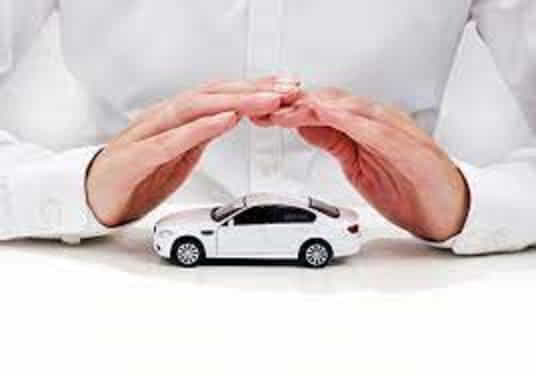
Insuring your car
The first thing is getting you the best deal to meet your needs and that is important; it is also worth considering maintaining the search for future by having specialists search for the best suitable product every year.
You can see more about car insurance and other forms of insurance in InsuranceDrive
Let’s look at some basic points; It’s not just about price!!! Why – often you’re not comparing apples with apples. Comparison websites do a good job, but not every company is on there, and the small print hides a lot of differences – and that’s just the initial price! There are other things you can do to affect the price – for example having telematics (a monitor for you driving and speed) can reduce the cost, especially for young drivers.
When we have a crash or accident, we might then realise the problems with what we paid for. Smaller companies often have their own claims team and get on the case quickly and talk to you. As opposed to larger companies who are so massive, they outsource even making the tea. You will struggle to find the person to talk to because they are so big.
Vehicle insurance is fickle in that each company changes its rates each year based upon risk, vehicle costs, claims experience etc. So because they are brilliant this year does not mean they are brilliant others.
Some companies are really good with paperwork and keep it English and keep the Terms and conditions down to a minimum whilst others do the complete opposite, I think it’s fair to say that I have never seen the small print benefit a customer. However, small print usually means restrictions. Having restrictions usually means they do it cheaper.
So, I know we switch every year without reading the small print but it’s important to make sure we understand these otherwise if a claim happens the first thing most insurers do is reach for the rule book. So read your document. If there is a £100 difference between prices there is usually something missing, so take the time out to read the excesses and exclusions.
But do switch every year or two because it will save you money. Our switching service takes the hassle out of finding the best deals every year.
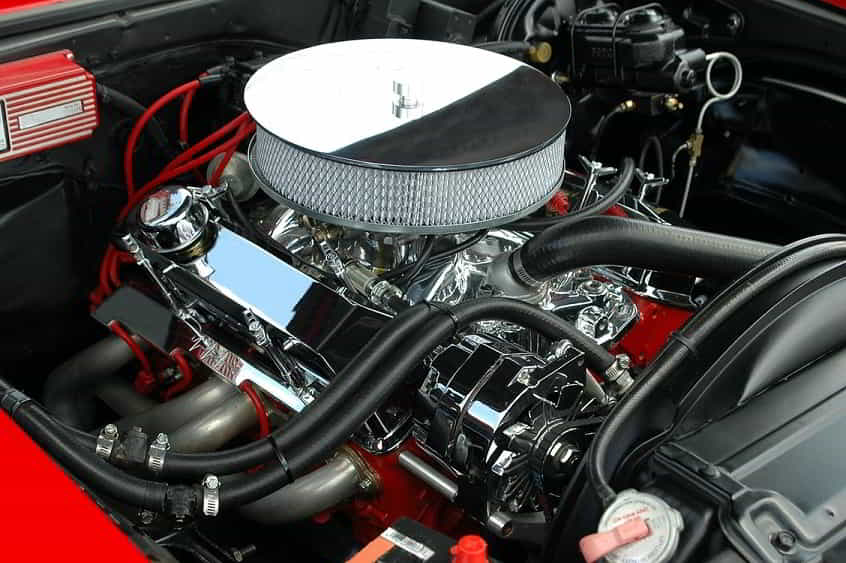
Selling your car
There are many options for selling your car. You need to decide on how is best for you.
In summary some options include:
1. Word of mouth – this can be one of the best and easiest ways to sell a car, but you have to be aware that relationships can be damaged if there problems down the line.
2. Sell privately offline – place an ad in your local community or in specialist magazines.
3. Sell privately online -place an ad on AutoTrader or similar, or use eBay or an online car auction .
4. Instant cash offer – fairly easy (e.g. WeBuyAnyCar.com) and hassle-free but be aware you won’t get the best price
5. Sell at an auction – go to a physical car auction.
6. Sell to a dealer – dealers often prefer certain makes , and be prepared to negotiate!
7. Part exchange it with a dealer – trade in your existing car for another – you need to understand car values.
8. Scrap it – if it’s failed its MOT, or you can use a scrappage scheme – see a list at Parker’s

Sell privately
You’ll probably get a better price selling a car privately, but it can be time-consuming and there are some pitfalls, Here are some thought
You’ll need to:
Before you start, there are some things you should do with your car that will make a difference:
- Make sure it’s in good working order – you can arrange an inspection with the RAC or AA. If it has a short MOT, get it done.
- Clean it! Outside and in. Properly.
- Check for cosmetic damage. You’ll have to decide whether it’s worth getting it fixed.
– Talk to friends, family and work colleagues and ask them to spread the word
– Put information on social media – Facebook, Twitter, or whatever you use
– Advertise – locally ( a sign in the car window, a local shop, local paper classified ads.
– Advertise online – on car sale websites e.g. Gumtree, AutoTrader and Motors.
– Make sure you put the right contact details everywhere and monitor replies!
– Describe your car correctly and make sure that you can prove you’re its legal owner.
– Be careful with test drives and viewings and if possible make sure you have company when meeting prospective buyers.
– Make sure you’ve arranged a way to be paid.

Sell privately online
These days there are an enormous number of choices for selling your car online.
You can place an online ad in Auto Trader (which costs you money - £36.95 to £74.95, so make sure you read the guidelines) and as they have 7 million web visits a month it should sell. It connects buyers and sellers, so see previous section!
There are other sites but they don't have the same traffic - look at Motors.co.uk
You can also use eBay and Gumtree. These days eBay allows you to create a resrve price and auction your car off to the highest bidder, and there are other online auctions, including salvage cars and seized vehicles .

Instant Cash Offer
You will have seen or heard these sites advertised - basically you enter your registration number and get an offer. The car has to be inspected and then the offer is finalised.
Sometimes the company do it themselves - webuyanycar has a network where you take your car to be assessed.
Motorway value your car immediately then get the highest price from dealers; your car is picked up from home and the service is 'free' as the dealers pay! Carwow is similar and Motorway value your car immediately then get the highest price from dealers; your car is picked up from home and the service is 'free' as the dealers pay! Cazoo are more like webuyany car.

Sell at auction
You normally pay an entry fee (c. £30). You set a reserve price, take it to the auction and then they try and sell it.
If someone buys it, they pas for it immediately and the auction company gives you the sale price less its commission, which can be up to 10% of the sale price.
Bigger car auction companies such as British Car Auctions have branches throughout the country, but there are independent auctioneer which may be more local.
There are some things you MUST be aware of before going to an auction (especially for the first time. Look at 12 essential tips on Hagerty - a US site which makes some good points.

Selling to a dealer
One of the most popular ways of selling your car to a dealer is to part exchange when you trade in your old car for a new one.
This essentially involves two deals being done in one transaction. Normally, you’ll trade in your old vehicle, for a newer, more expensive one. You then pay the difference – either by paying the extra money to the dealership or by taking out finance on the new car. This might be easy but it isn't always the most cost-effective way of doing things - dealers will make money on both transactions and it may be better to sell outright first then buy.
You can sell your car to a dealer without buying another car; some dealers prefer certain makes. You will also have to negotiate!
For visitors
Why don't you join us?
You can register to join us as a member, when you’ll be able to download our stuff and comment, or as a YouDriver when you’ll also be able to check your health and set up your own action plans to make some improvements. If you’ve already registered, sign in below. Or let us know what you think.
What you need to know about car finance

Next Steps
It doesn’t matter what stage you’re at – it’s important to be the best you can be. At the end of the day it’s about taking personal responsibility – You Drive!
It’s really your choice. You can find out more information about the subject, or see other institutions that can help by going to Support. There you will find organisations, training, coaching, self-help courses and other items to support your personal change. We have also started developing a panel of experts to provide info, advice, help and support.
Get Support
There are times when you need some help to meet your aims – a helping hand. That might be an organisation that can provide you with some help, some specialised information, a particular book or tool to help, or just getting some background reading material.
We have a lot of items which appear on our Drives and other pages, which you can go to by clicking on the picture or link. Some contain affiliate links and we may receive a tiny commission for purchases made through these links.
If you know of anything which could help you or our other visitors then please click the button on the right, which will take you to a Contacts page where you contact us.
Experts
We are compiling a list of experts who can provide advice, help or specialised services. You will be able to access these experts from anywhere on our site you see our ‘Experts’ symbol. Click the green E to see what our Experts list will look like, with a couple of imaginary ‘experts’ added!
More Information
Scroll down to see more information on this Drive.
If you register you can also download reports, white papers, quizzes and other collaterals. We will never ask you for any financial information, and we’ll only send you the information you want. You can register for our site either above or in the footer below. You can provide your own questions and experiences in order to help other members. We only moderate for spam and inflammatory language – see our moderation policy.
If you’ve found this interesting, then please share it on social media. Choose your network!
More information
Car Buying Guide
Save Time and Money By Learning How to Find the Best Car Buying Opportunity and Negotiate the Best Price While Avoiding the Car Dealer’s Attempts to Get the Most Money Out of You
Car Buying Made Easy
A Simple, No-Nonsense, Proven Process to Help you Negotiate the Car of Your Dreams at Your Price!
Learn effective tools for mastering the car buying process and learn how to negotiate properly, easily saving you thousands of dollars on one of the biggest purchases of your life.
Buying A Car Guide
Car Buying Secrets, Tips and Help Choosing Right
Buying a car is a challenge for many people around the world, but it can be made much easier. Learn the valuable tips and advice you need to confidently choose a car and be comfortable with the purchase you make. With a stroke of luck, you will have your chosen car for many years to come!
MoneyHelper explain financing a car
Direct Line offer car insurance with explanations
Money Advice service offer advice on taking out a personal loan to buy a car
Arnold Clark have a good summary including the pros and cons of both buying or leasing a car

